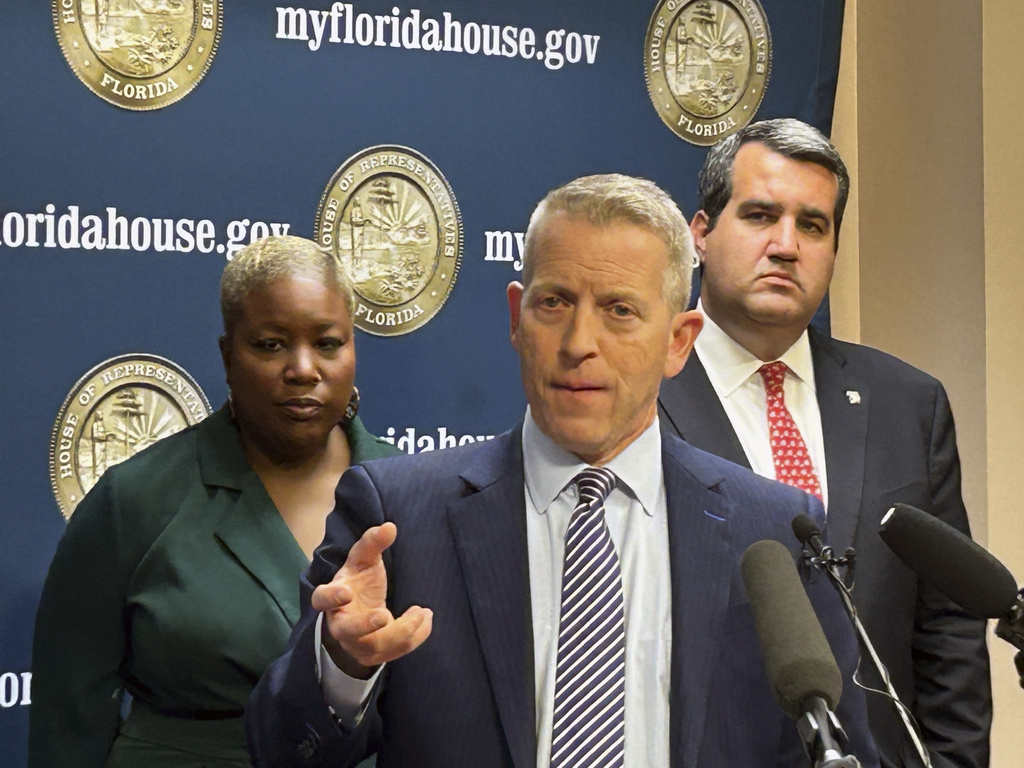TALLAHASSEE — Less than a week after Republican Gov. Ron DeSantis vetoed a social media ban for minors, Florida lawmakers sent him a new version on Wednesday that’s expected to withstand his scrutiny.
The House passed the bill on a 109-4 vote, completing Republican Speaker Paul Renner’s top priority for the 60-day session that ends Friday. The bill will ban social media accounts for children under 14 and require parental permission for 15- and 16-year-olds.
“We’re not opening a Pandora’s box, we’re closing one,” said Republican Rep. Tyler Sirois, who sponsored the bill. “The harm that it is causing our children is documented, and it is severe.”
DeSantis vetoed what would have been one of the country’s most far-reaching social media bans for minors on Friday, but told lawmakers he supported the concept of the bill and worked with Renner on new language.
The original bill would have banned minors under 16 from popular social media platforms regardless of parental consent.
Renner said after the vote that the bill will “literally save the lives of kids” if it survives legal challenges.
“We know that social media is the main platform for sexual crimes against children,” he said. “We know that it’s a place where they are bullied online, where their self-image is torn down online. It leads to major mental health issues, contemplation of suicide, acts of self-harm, spikes in anorexia, and the list goes on and on and on.”
Several states have considered similar legislation. In Arkansas, a federal judge blocked enforcement of a law in August that required parental consent for minors to create new social media accounts.
Supporters in Florida hope the bill will withstand legal challenges because it would ban social media formats based on addictive features such as notification alerts and auto-play videos, rather than on their content.

